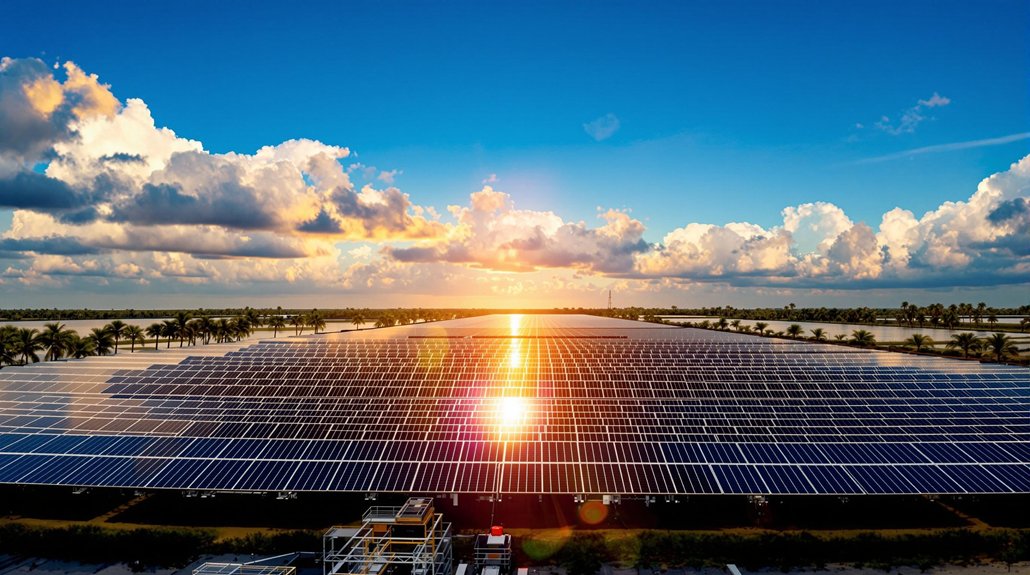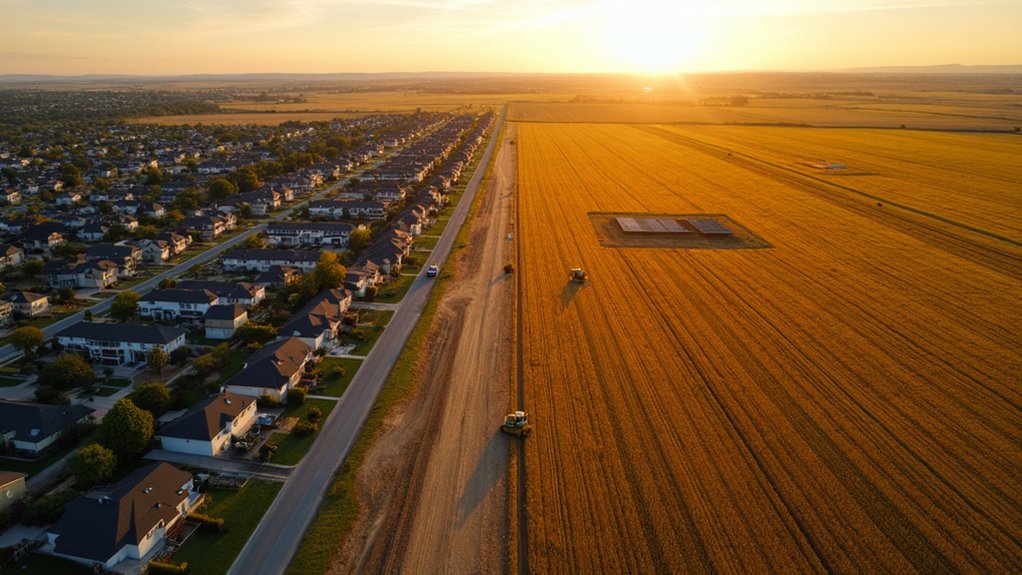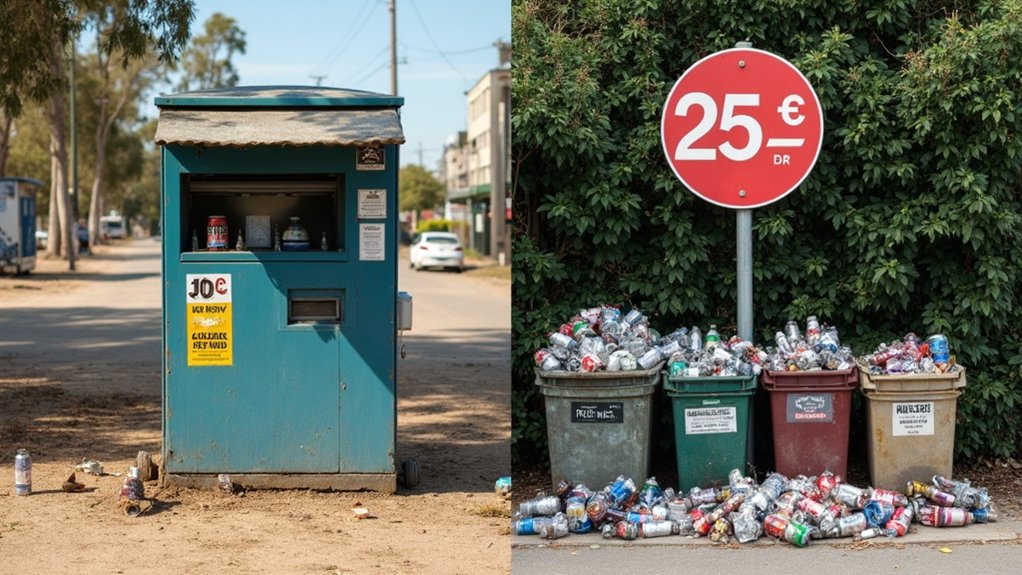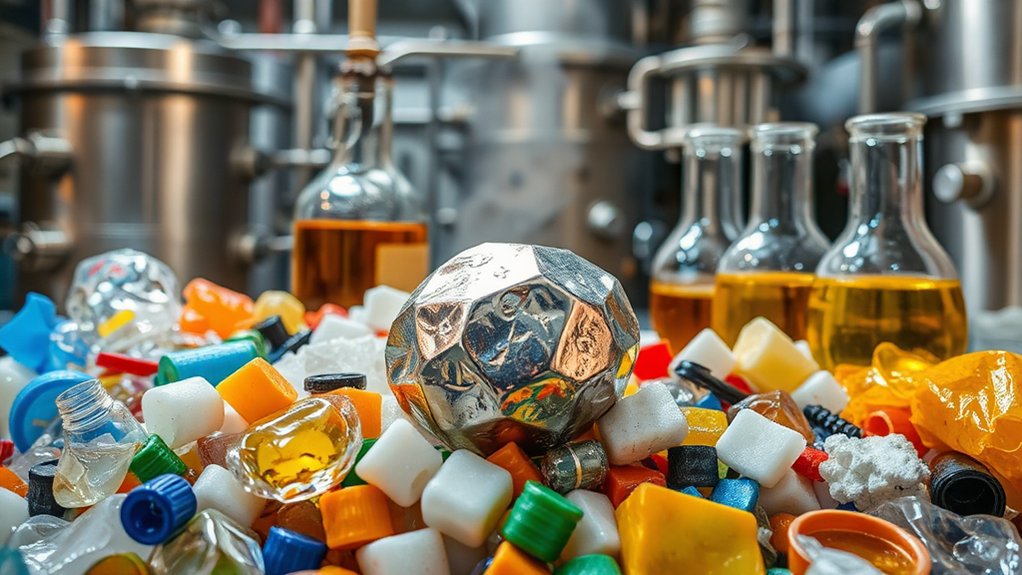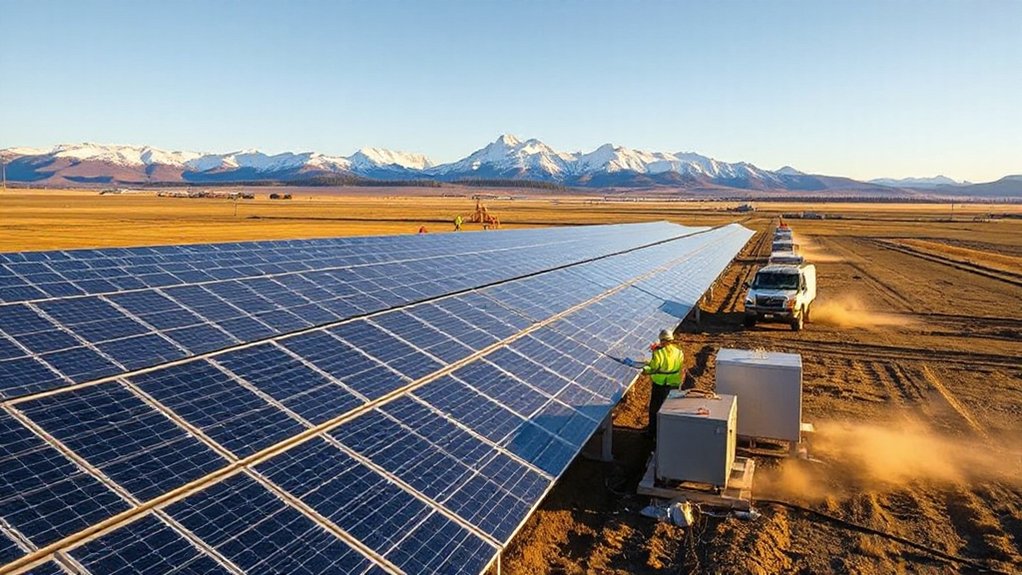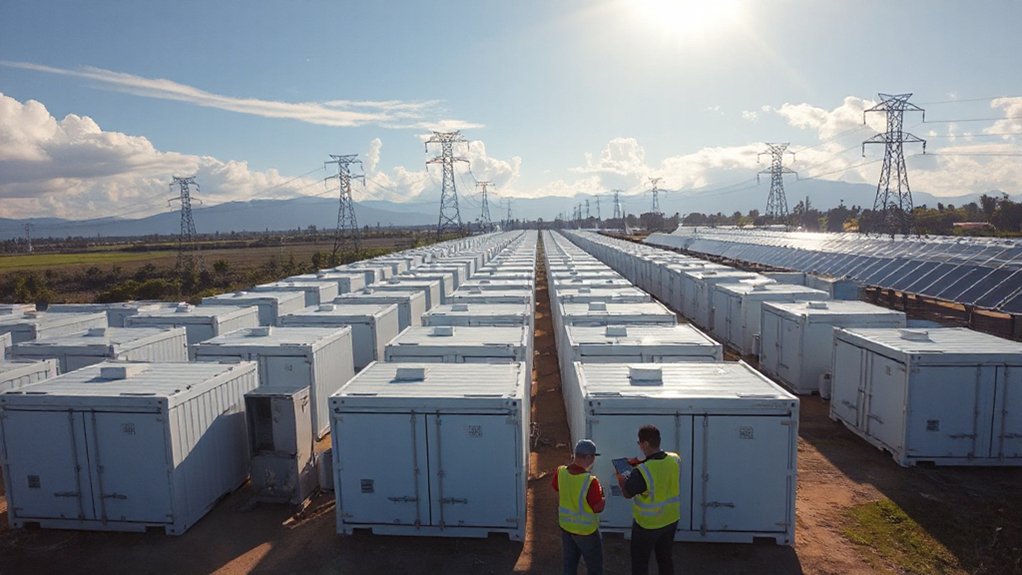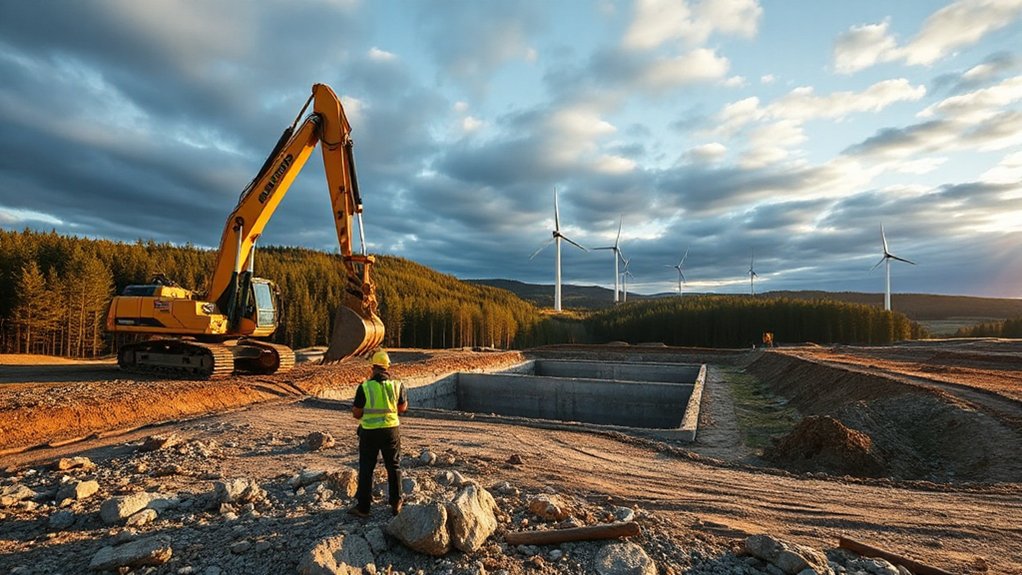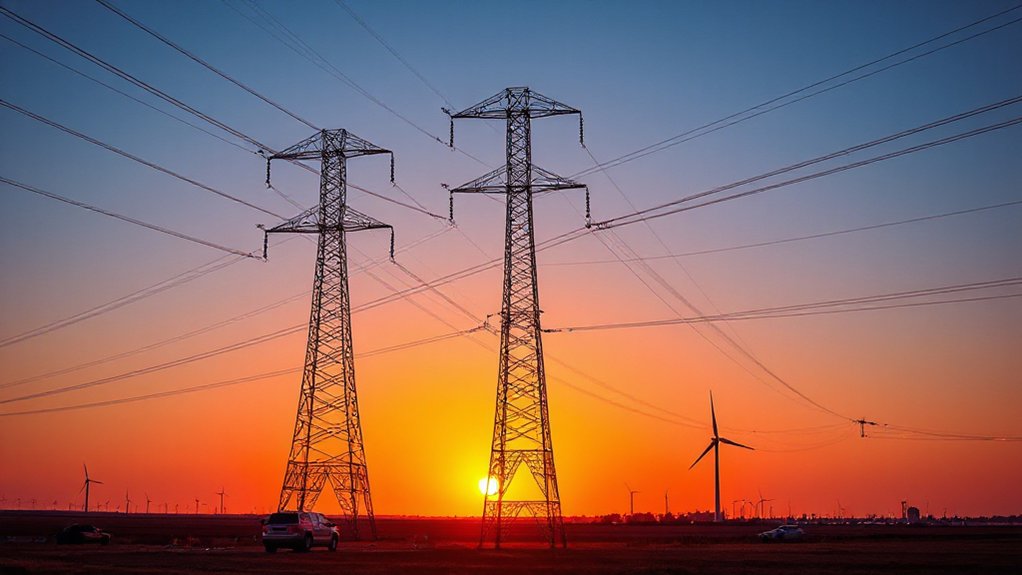Tunisian startup BioHeat is turning olive waste into eco-friendly heating briquettes for European markets. Founded by Yassine Khelifi, the company transforms polluting olive pomace into fuel that produces triple the heat of traditional firewood with lower emissions. Production has jumped from 20 to 300 tons in just one year. With support from local incubator Lebes, BioHeat exemplifies circular economy principles, converting agricultural waste into what’s becoming known as “green gold.”
In the heart of Tunisia, an innovative startup is turning olive waste into an eco-friendly energy source. BioHeat, founded by environmental engineer Yassine Khelifi in Manouba, transforms olive pomace—the main residue from olive oil extraction—into heating briquettes. This solution tackles a major environmental problem in the Mediterranean region, where 97% of the world’s olive oil is produced.
From waste to warmth: BioHeat’s innovative process transforms olive industry byproducts into powerful, eco-friendly fuel.
The olive oil industry generates about 8 billion gallons of wastewater annually. This waste is highly polluting and its disposal has become increasingly problematic for producers. BioHeat’s approach recycles this waste into valuable fuel.
The company has developed a special machine capable of producing 1,000 tons of briquettes per season. Their production has grown impressively from just 20 tons to 300 tons in a single year. They’re now working to reach their full production capacity.
These olive waste briquettes aren’t just good for the environment—they’re highly efficient. They produce three times more heat than traditional firewood. This makes them ideal for heating homes and businesses, as well as powering steam locomotives. The briquettes are 100% natural and environmentally friendly. With only eight-percent moisture content, these briquettes significantly reduce carbon emissions compared to traditional heating methods. This makes them a sustainable alternative to wood for heating and cooking needs.
BioHeat’s innovation is supported by Lebes, Tunisia’s first social-environmental project incubator. They’ve also received technical and financial assistance from the French Development Agency, helping them expand beyond Tunisia. The company now exports to France and aims to produce millions of briquettes for the European market.
This waste-to-energy solution offers multiple benefits. It reduces pollution from olive mill waste, limits dependence on fossil fuels, and provides an alternative to firewood, thereby helping preserve forests. The approach aligns with global efforts to increase renewable capacity as nations transition away from fossil fuels.
It’s a practical example of circular economy principles in action. As olive oil production continues across the Mediterranean, BioHeat’s model shows how agricultural waste can become “green gold”—turning an environmental problem into a sustainable energy solution for both Tunisia and Europe.

